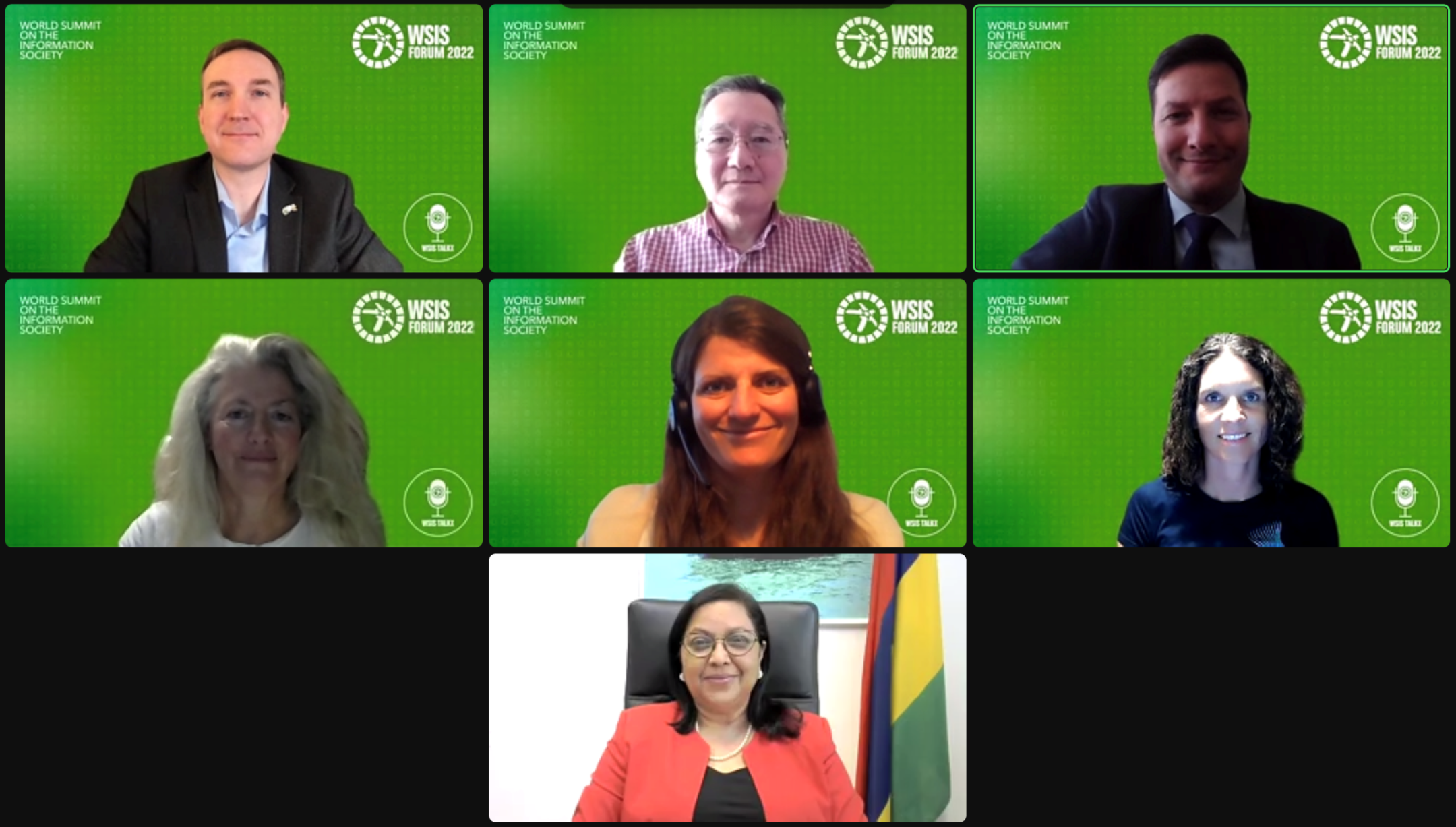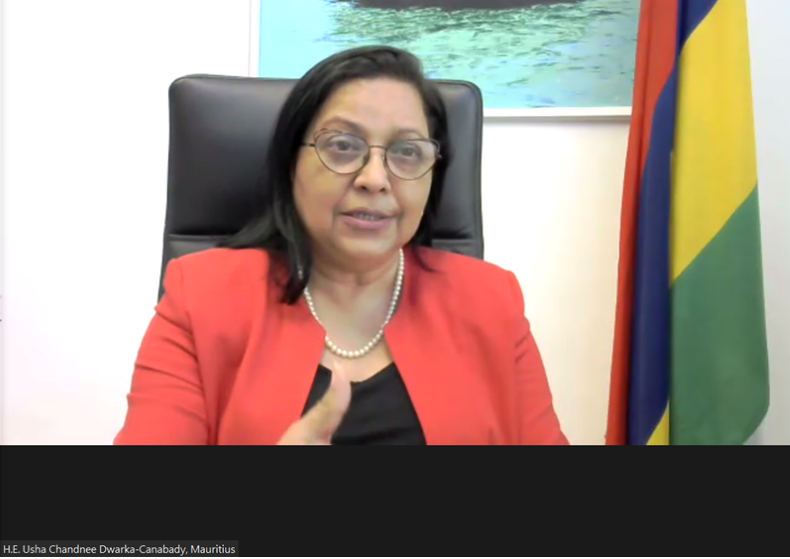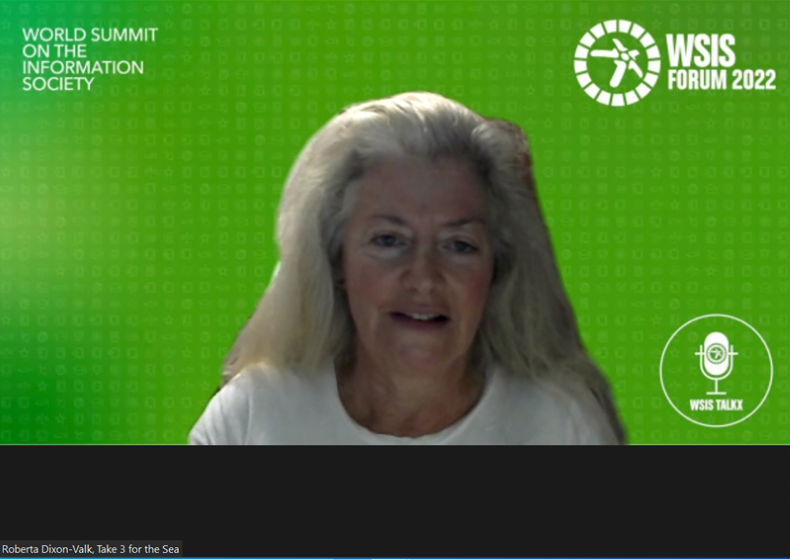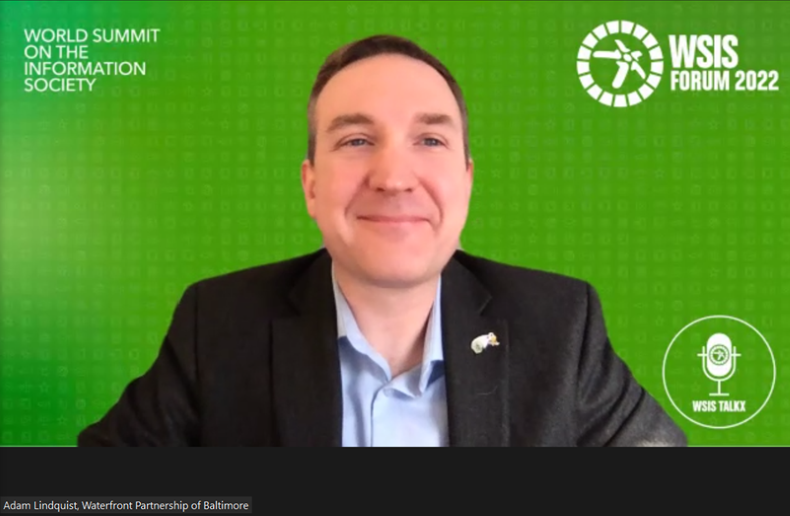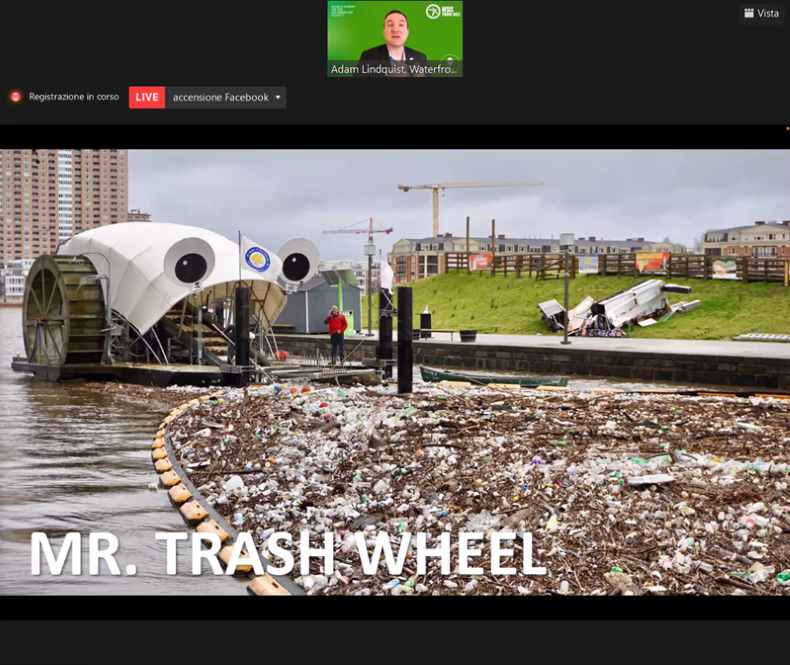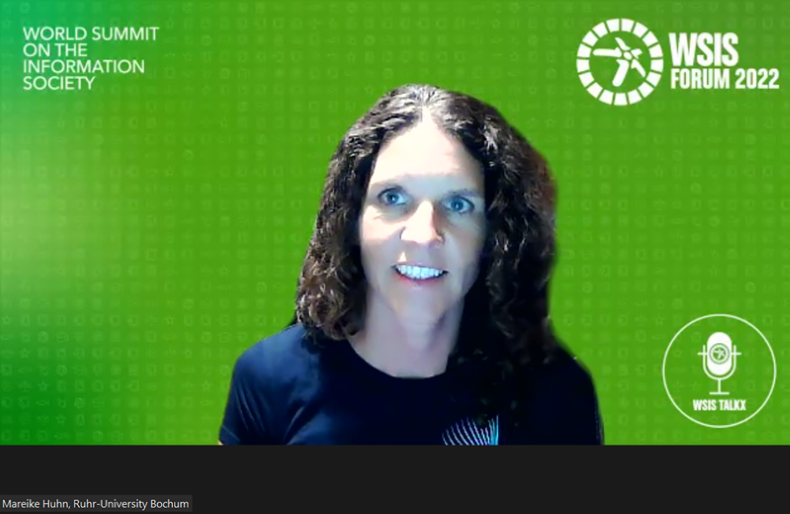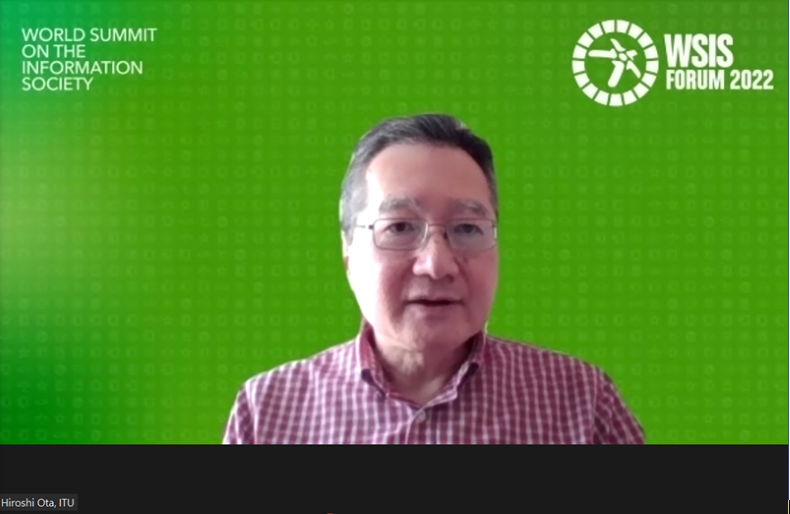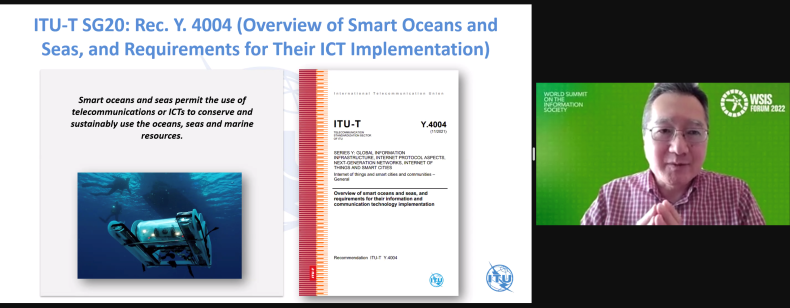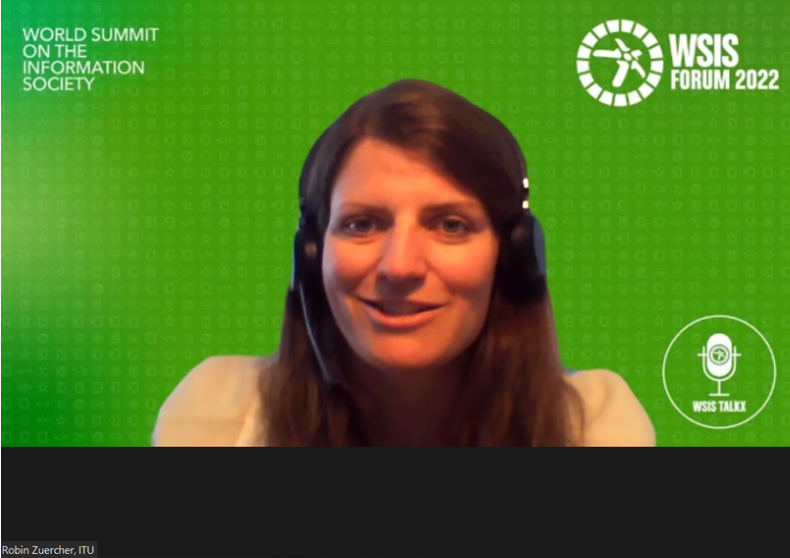WSIS TalkX: Using ICTs to Preserve Life Below Water
International Telecommunication Union (ITU)
Session 128
"Healthy oceans and seas are essential to our existence. They cover 70 percent of our planet and we rely on them for food, energy and water. Yet, we have managed to do tremendous damage to these precious resources. We must protect them by eliminating pollution and overfishing and immediately start to responsibly manage and protect all marine life around the world." - SDG14
This WSIS TalkX will highlight some examples of innovative initiatives making use of Information and Communication Technologies (ICTs) to protect oceans, seas, and marine resources.
In order to protect the oceans and seas as well as to enhance the contribution of marine biodiversity, it is important to increase scientific knowledge, develop research capacity and transfer marine technologies. This will help to overcome challenges and strengthen efforts to mobilise, create and promote solutions towards achieving SDG 14 - Life Below Water.
The WSIS Geneva Plan of Action defined three goals for Action Line C7, e-environment:
Use and promote ICTs as an instrument for environmental protection and the sustainable use of natural resources;
Initiate actions and implement projects and programs for sustainable production and consumption and the environmentally safe disposal and recycling of discarded hardware and components used in ICTs; and
Establish monitoring systems, using ICTs, to forecast and monitor the impact of natural and man-made disasters, particularly in developing countries, LDCs and small economies.
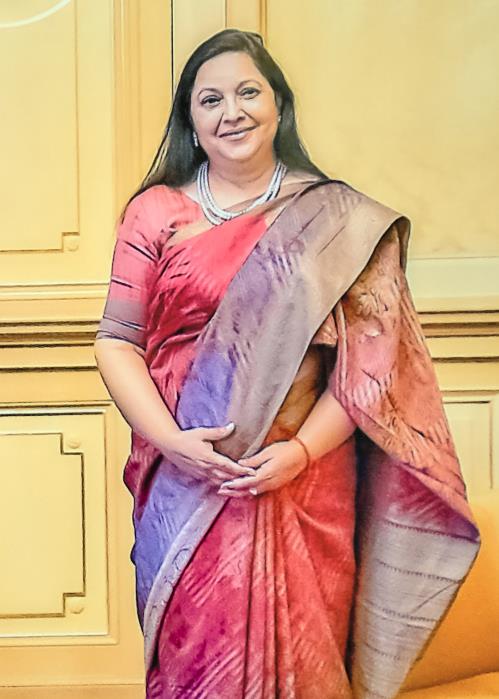
Ambassador Usha Chandnee Dwarka-Canabady is currently the Permanent Representative of the Republic of Mauritius to the United Nations Office and other International Organizations in Geneva. Prior to this appointment, Ambassador Dwarka-Canabady was, since November 2015, Secretary for Foreign Affairs of Mauritius, after having been acting Secretary for Foreign Affairs between April 2013 and October 2015. She was also Head of the Multilateral Economic Directorate (January 2007 to March 2013) and Head of the Multilateral Political Department (May 2006 to January 2007) of the Ministry of Foreign Affairs, International Trade and Regional Integration in Port-Louis, Mauritius.
A career diplomat, she was the High Commissioner of Mauritius in India from August 2004 to May 2006, Head of Protocol at the Ministry of Foreign Affairs between October 2003 and August 2004. She was also coordinator of the World Summit of the Information Society at the International Telecommunication Union in Geneva from January to August 2003 after having been Deputy Permanent Representative of Mauritius to the United Nations and the World Trade Organization in Geneva between July 1996 and June 2002.
Mrs Dwarka-Canabady has a BA in Psychology, Sociology and English from the University of Leicester, an MA in International Politics from the University Libre of Brussels, and a Diplomatic Studies Program Certificate from the Graduate Institute International Studies in Geneva.
Mrs. Dwarka-Canabady was born February 2, 1960 in Mauritius, she is married and mother of two children.
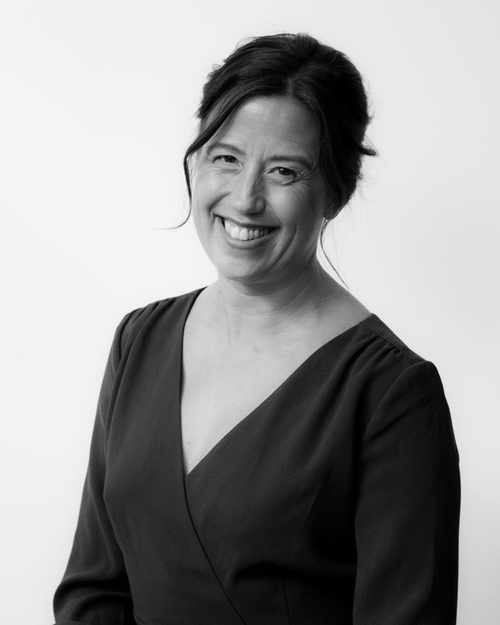
Dune Ives is the CEO of Lonely Whale, an incubator for courageous ideas that drive impactful, market-based change on behalf of our ocean. An experienced leader and trusted advisor in the fields of corporate sustainability and global philanthropy, Dune brings 20+ years of expertise and a thoughtful and optimistic approach to the marine conservation industry as a keynote speaker and advocate for an ocean free from plastic pollution. Under Dune’s leadership, Lonely Whale’s NextWave Plastics and Ocean Heroes Bootcamp initiatives and campaigns, including “For A Strawless Ocean” and “Question How You Hydrate,” have helped to resolve challenges for our environment to ensure a healthier planet.

Roberta is a marine ecologist who has spent over thirty years in marine conservation/education, sharing her love and passion for oceans, estuaries and related ecosystem in orders to spark behaviour change.
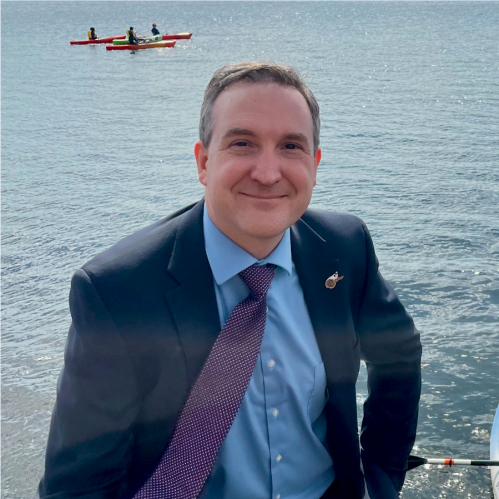
Adam is a passionate advocate for the creation and activation of waterways, parks, and other public spaces for environmental, educational, and recreational use. He received his Master of Community Planning from the University of Maryland in 2010 and joined Waterfront Partnership shortly thereafter. Adam leads the Healthy Harbor Initiative as well as events and programs for the organization. In addition to creating Baltimore’s iconic Mr. Trash Wheel, he led the Great Baltimore Oyster Partnership in raising over a million oysters in the Baltimore Harbor, launched the Harbor Scholars program to help improve environmental education in Baltimore Schools, and is spearheading the Baltimore Blueway, a water trail planning effort.

Mareike is a marine biologist and postdoctoral researcher at Ruhr-University Bochum, whose research has always focused on assessing anthropogenic impacts on marine organisms. She is co-founder and director of BandaSEA e.V. and Luminocean, two organisations that support education in marine biology and mitigation of plastic pollution in Indonesia. Mareike has lived in Indonesia for 10 years, where her efforts go towards protecting the health and biodiversity of some of the world's richest coral reefs.
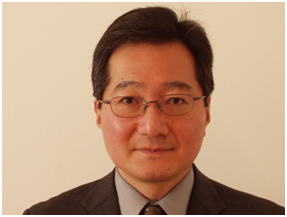
Hiroshi Ota joined International Telecommunication Union (ITU) in January 2009. He is currently the Advisor for ITU-T Study Group 15 (optical transport networks and access network infrastructures) and ITU/WMO/UNESCO IOC Joint Task Force on submarine cable systems for climate monitoring and disaster warning. Previously, he supported SG5 (Environment and climate change), SG12 (performance, QoS and QoE), Focus Group on disaster relief and Focus Group on smart grid.
Before joining ITU, he was with NTT, Japan and actively participated in standardization activities including ITU-T SG13, SG15, IEEE 802 LMSC and IETF. He was rapporteur for ITU-T SG13 and SG15 as well as Working Group Chair in IETF.
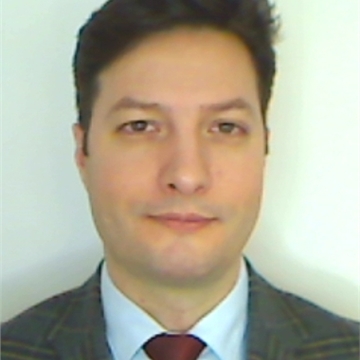
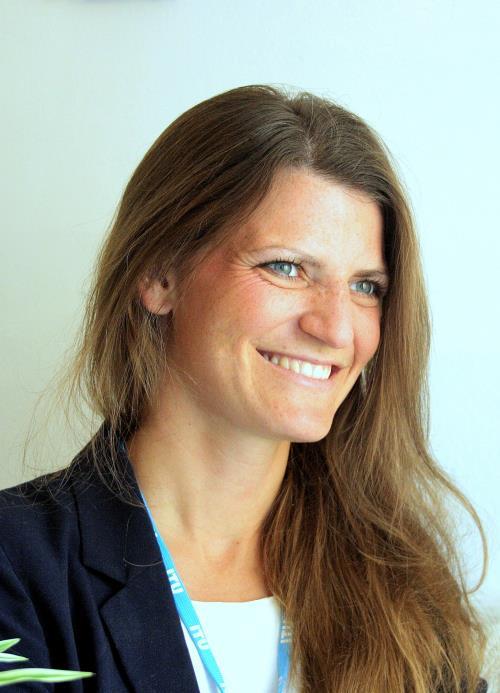
Robin is a Programme Officer in the Strategy & Planning Division of the International Telecommunication Union where she coordinates ITU’s environmental sustainability management journey. She holds a master’s degree in international business from the University of St Andrews and a bachelor’s degree in media and communication. Prior to her current role Robin was a project manager at a business network for Corporate Social Responsibility and worked with young social tech entrepreneurs, both fostering her interest in innovative social business models and multi-stakeholder projects for sustainable development.
-
 C1. The role of governments and all stakeholders in the promotion of ICTs for development
C1. The role of governments and all stakeholders in the promotion of ICTs for development
-
 C4. Capacity building
C4. Capacity building
-
 C7. ICT applications: benefits in all aspects of life — E-environment
C7. ICT applications: benefits in all aspects of life — E-environment
-
 C7. ICT applications: benefits in all aspects of life — E-science
C7. ICT applications: benefits in all aspects of life — E-science
-
 C11. International and regional cooperation
C11. International and regional cooperation
-
 Goal 14: Conserve and sustainably use the oceans, seas and marine resources
Goal 14: Conserve and sustainably use the oceans, seas and marine resources
-
 Goal 17: Revitalize the global partnership for sustainable development
Goal 17: Revitalize the global partnership for sustainable development
